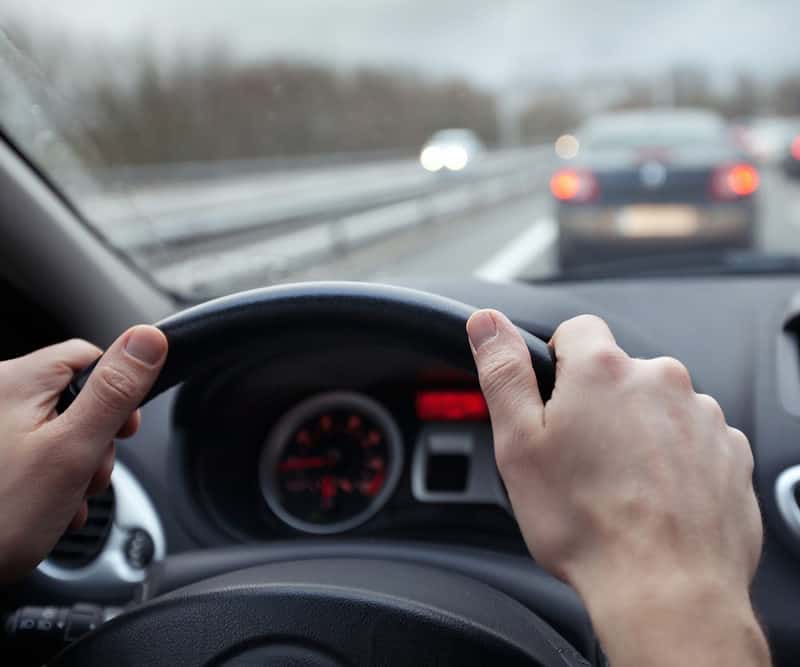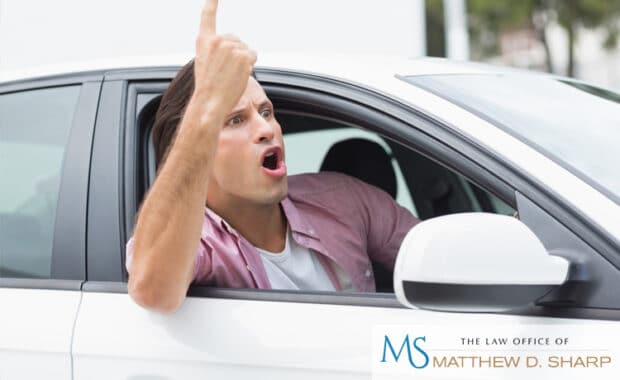Breaking The Law In A Vehicle In Texas
In the state of Texas, driving a vehicle on public roads is a privilege, not a right. When motorists drive on roadways and highways in the state, they are expected to abide by all applicable laws and exercise a duty of care. This means that drivers are expected to operate their vehicle in a way that is safe and which does not endanger the safety or rights of others.
Violating traffic laws or endangering the safety of others can lead to arrest, criminal charges and severe penalties. There are many types of vehicular crimes in Texas and understanding more about these offenses and the laws that regulate them is the best way to stay safe on Texas roads.
Types of Vehicular Offenses
Of the many offenses that drivers can commit while driving on Texas roads, they can typically be broken down into a few different categories. These categories include:
- Moving Violations
- Failure To Operate Vehicles Safely
- Endangering Others
While these are not legally binding categories, they are helpful to understand the scope of Texas traffic laws.
Moving Violations
These are the least serious types of vehicular crimes in Texas. This category includes offenses like:
- Driving over the speed limit
- Failure to use proper turn signals
- Running a red light
These violations are not typically very serious and usually result in a monetary fine. However, serious violations of these laws or repeated offenses can lead to long-lasting consequences. For example, repeated speeding tickets may result in a driver losing their driving privileges. If they continue to drive on a suspended license, they could face a longer suspension period, fines and even jail time.
Failure To Operate Vehicles Safely
As stated above, drivers are expected to abide by the duty of care and operate their vehicles in a way that protects the safety of others. Doing things that make safe driving difficult or impossible can result in arrest and criminal charges. Some of the offenses in this category are very serious. Some of them include:
- Driving While Intoxicated
- Reckless Driving
- Mechanical Violations
A DWI charge can land you in jail, cause you to lose your license and you may be ordered to pay extremely high fines. Driving under the influence of alcohol can seriously endanger other drivers and it is taken very seriously by the justice system.
Driving at excessive rates of speed or swerving across the road can result in reckless driving charges, which can lead to a lengthy license suspension. Drivers, especially those who operate commercial vehicles, may lose their driver’s license and their commercial license if they drive unsafely or if they fail to maintain their vehicles in a safe manner.
Endangering Others
This is one of the most serious categories of vehicular crimes in Texas. Using a vehicle to endanger the lives of others, whether intentionally or recklessly, may result in felony charges. This includes criminal offenses like:
- Failure To Stop and Render Aid (Hit and Run)
- Vehicular Assault/Intoxication Assault
- DWI With A Minor Passenger
In Texas, all drivers who are involved in vehicle accidents are legally obligated to stop and help the other driver if necessary. If you hit a driver or pedestrian and drive away, you could face serious penalties, especially if the victim was seriously injured or killed. If you drink and drive, your charges could be upgraded to intoxication assault if you harm another driver or pedestrian. If you have a minor under 15 in the car with you at the time of arrest for DWI, your charge can be upgraded from a Class B misdemeanor to state jail felony.
Legal Examples
Looking at some of the penalties associated with specific offenses can shed some light on Texas’ tough reputation for punishing vehicular crimes harshly.
Failure To Stop And Render Aid
If you get into a vehicle collision and drive away, you could be charged based on the amount of damage that occurs in the accident. Even if the accident is very minor, you are expected to pull over and exchange insurance information and assess the accident. For example, if you leave the scene of a very minor fender-bender which results in less than $200 worth of damage, you could face a Class C misdemeanor charges, punishable by:
- A fine of up to $500
If the damage to the vehicle exceeds $200 and you drive away from the scene, you could be charged with a Class B misdemeanor, punishable by:
- Up to 180 days in county jail
- A fine of up to $2000
These charges can get very serious if you leave the scene of an accident in which the other driver suffers minor injuries. In this case, you could face state jail felony charges, punishable by:
- Up to two years in state jail
- A fine of up to $10,000
If the other driver is seriously injured or killed in the accident and you drive away, you could face conviction on a third degree felony, punishable by:
- Up to ten years in state prison
- A fine of up to $10,000
Driving On A Suspended License
When your license is suspended in Texas, you are expected to avoid driving in all cases for the duration of your suspension period, unless you have a special occupational license for work. If you’re caught driving on a suspended license, you could be charged with a Class C misdemeanor, punishable by a fine of up to $500. However, if are caught driving with a suspended license and you:
- Have one or more previous similar convictions
- Do not have current insurance at the time of the arrest
- Lost your license as the result of DWI charges
Your charge could be upgraded to a Class B misdemeanor, punishable by:
- Up to 180 days in county jail
- A fine of up to $2000
- An additional license suspension period that is longer than your original period
Vehicular Manslaughter
If you get into a vehicle accident that causes the death of another driver or pedestrian, it’s a tragedy. If you caused the accident by being reckless, negligent or intoxicated, it can also be a crime. Although Texas doesn’t have a specific charge for vehicular manslaughter, if you recklessly or negligently cause the death of another driver or pedestrian, you can be tried for manslaughter. This is a felony of the second degree, punishable by:
- Two to twenty years in state prison
- A fine of up $10,000
Legal Defenses
A legal defense attorney may be able to help you defend against these charges in court.
A legal defense in these cases may involve arguments or the introduction of evidence which shows that you are not responsible for the the incident. This usually involves several types of arguments, including:
- That you were not reckless or negligent at the time of the offense
- That you were not responsible for the actions or that another person caused the incident
- That the prosecution does not have enough convincing evidence to show your guilt beyond a reasonable doubt
If the defense attorney can prove that you were not reckless or negligible, that you were not responsible or that the prosecution cannot prove your case, the charges may be dropped or reduced.






